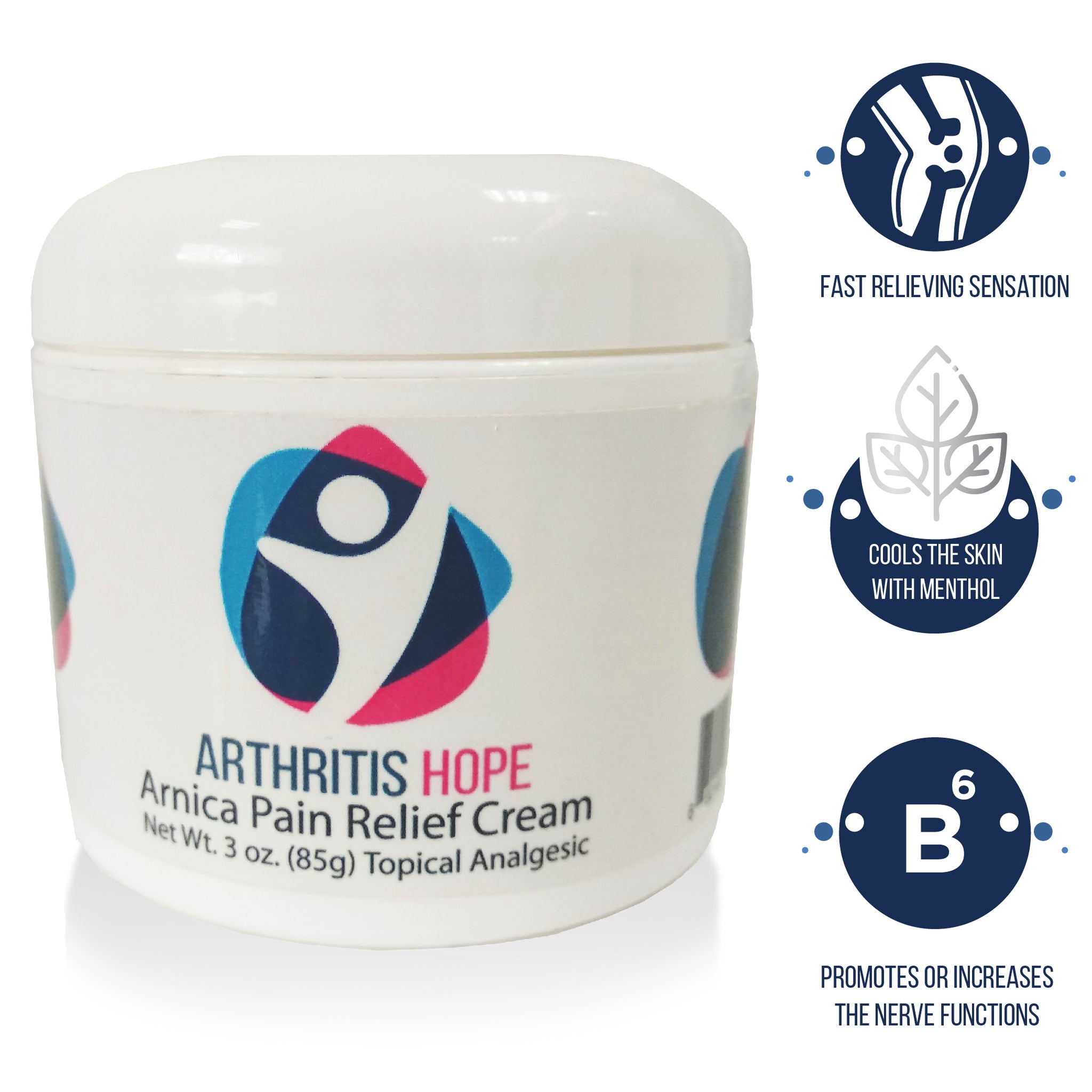
Arthritis is a condition that affects millions of people worldwide, but did you know that women are more likely to develop it than men? This gender disparity is not merely a coincidence; it's deeply rooted in the hormonal differences between the sexes. Understanding these hormonal influences can provide valuable insights into managing and potentially mitigating the effects of arthritis.
Gender Differences in Arthritis Prevalence
Statistics show that women are significantly more likely to develop arthritis than men. According to the Centers for Disease Control and Prevention (CDC), nearly 60% of all people with arthritis are women. This disparity becomes even more pronounced with age, as postmenopausal women are particularly susceptible.
The higher prevalence of arthritis in women is largely due to hormonal fluctuations throughout their lives. These hormonal changes can influence joint health and inflammation, leading to a higher risk of developing arthritis.
The Role of Estrogen
Estrogen, the primary female sex hormone, plays a crucial role in maintaining joint health. It has anti-inflammatory properties that help protect joints from damage. However, estrogen levels fluctuate throughout a woman's life, particularly during menstruation, pregnancy, and menopause.
During menopause, estrogen levels drop significantly, which can lead to an increase in joint inflammation and pain. This is why many women experience the onset or worsening of arthritis symptoms during this stage of life.
Progesterone and Its Effects
Progesterone, another key female hormone, also influences arthritis risk. While its primary function is to regulate the menstrual cycle and support pregnancy, progesterone also has anti-inflammatory properties. However, like estrogen, progesterone levels fluctuate, impacting joint health.
During pregnancy, progesterone levels rise, which can provide temporary relief from arthritis symptoms. However, after childbirth, these levels drop sharply, potentially leading to a flare-up of arthritis symptoms.

Arthritis Pain Relief Cream: ArthritisHope's cream contains eight natural and herbal ingredients that have anti-inflammatory and analgesic properties.
Testosterone: The Male Perspective
While estrogen and progesterone play significant roles in female arthritis risk, testosterone is the primary male hormone that affects joint health. Testosterone has anti-inflammatory properties, and higher levels of this hormone can protect against arthritis.
Men typically have higher testosterone levels, which may explain why they are less likely to develop arthritis. However, testosterone levels also decline with age, which can increase arthritis risk in older men.
Hormonal Therapy: A Double-Edged Sword
Hormonal therapy, particularly estrogen replacement therapy (ERT), has been explored as a potential treatment for arthritis in postmenopausal women. While ERT can alleviate some arthritis symptoms by boosting estrogen levels, it also carries risks, including an increased risk of breast cancer and cardiovascular disease.
Therefore, it's essential to weigh the benefits and risks of hormonal therapy carefully. Consulting with a healthcare provider can help determine the best course of action for managing arthritis symptoms.
Managing Arthritis Through Hormonal Balance
Maintaining hormonal balance is crucial for managing arthritis symptoms effectively. Lifestyle changes, such as a balanced diet, regular exercise, and stress management, can help regulate hormone levels and reduce arthritis symptoms.
Additionally, natural supplements and alternative therapies, such as acupuncture and yoga, can support hormonal balance and provide relief from arthritis pain.
Practical Tips for Women
For women, understanding the impact of hormonal fluctuations on arthritis can empower them to take proactive steps in managing their condition. Here are some practical tips:
- Track Hormonal Changes: Keep a journal of your menstrual cycle and note any changes in arthritis symptoms. This can help identify patterns and trigger points.
- Stay Active: Regular exercise can help maintain joint health and reduce inflammation. Consider low-impact activities like swimming, walking, and yoga.
- Eat a Balanced Diet: A diet rich in anti-inflammatory foods, such as fruits, vegetables, and omega-3 fatty acids, can support joint health and hormonal balance.
Arthritis and Pregnancy
Pregnancy can be a challenging time for women with arthritis. Hormonal changes, weight gain, and increased stress on the joints can exacerbate symptoms. However, many women also experience a temporary improvement in arthritis symptoms during pregnancy due to increased progesterone levels.
It's essential to work closely with a healthcare provider to manage arthritis during pregnancy. This may include adjusting medications, incorporating gentle exercise, and using supportive devices like braces or compression sleeves.
Postmenopausal Arthritis
Postmenopausal women are at a higher risk of developing arthritis due to the significant drop in estrogen levels. This can lead to increased joint inflammation, pain, and stiffness. Managing postmenopausal arthritis often involves a combination of lifestyle changes, medications, and alternative therapies.
Consider incorporating strength training exercises to support joint health, exploring dietary supplements that promote hormonal balance, and practicing mindfulness techniques to manage stress and pain.
Understanding the role of hormones in arthritis progression can provide valuable insights for managing this condition. By staying informed and proactive, individuals can take control of their health and improve their quality of life. Remember, every small step towards better joint health counts!

Leave a comment